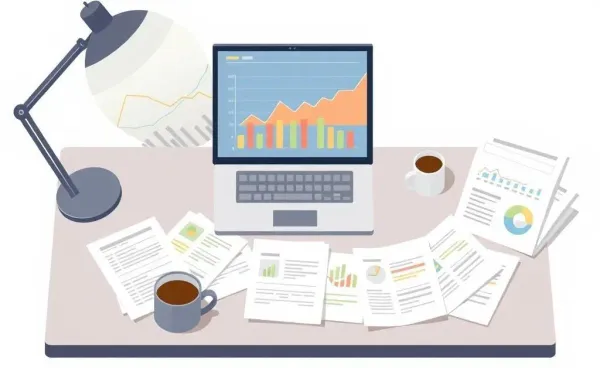Uncovering Forgotten Cost Basis: Simple Steps to Track Your Investments
Learn easy ways to track lost cost basis for your investments and ensure accurate financial records.

Have you ever felt like your investment records are a mystery? You're not alone. Many investors struggle with understanding the forgotten realm of historical cost basis. Thankfully, we've got a map to help navigate through this financial maze.
The concept of cost basis might seem dull, but it's crucial for understanding your capital gains and is a key contributor to accurate tax reporting. If you've found yourself in a bind trying to recall or reconstruct your cost basis for older investments, fear not!
Why Does Cost Basis Matter?
Cost basis is what you originally paid for an investment, including any commissions or fees. While this might sound trivial, it's essentially your guide to calculating gains or losses when you sell an asset.
Imagine this: you've held stocks in a company for over 20 years. You vaguely remember buying them with a mix of excitement and nervousness, but you can't find the paperwork. Fast forward, and you now need that information to accurately report your taxes.
Steps to Rediscover Lost Cost Basis
- Sift Through Paperwork: It might seem like a treasure hunt, but old brokerage statements or trade confirmations can be gold mines for this information.
- Contact Your Broker: Today's brokers are equipped with better technology and may have digital archives of your transactions.
- Utilize IRS Resources: You can refer to past tax returns or contact the IRS directly for records they might hold from previous filings.
- Try Historical Stock Price Data: Websites like Nasdaq or Yahoo Finance offer historical price data which can help recreate the transaction value with accuracy.
Keep Your Portfolio Organized
Now that we've unraveled the mystery of the missing cost basis, it's time to take preventive measures. Using modern tools can help you keep future transactions orderly. Consider digital apps for record-keeping or leveraging your brokerage's online platform—many offer tools for tracking this crucial financial detail.



In conclusion, while tracking down your investment cost basis can feel like sleuthing through financial history, these steps can ease the process and maintain better financial clarity. How do you keep your investment records organized, and have you ever been in a bind with your cost basis?




